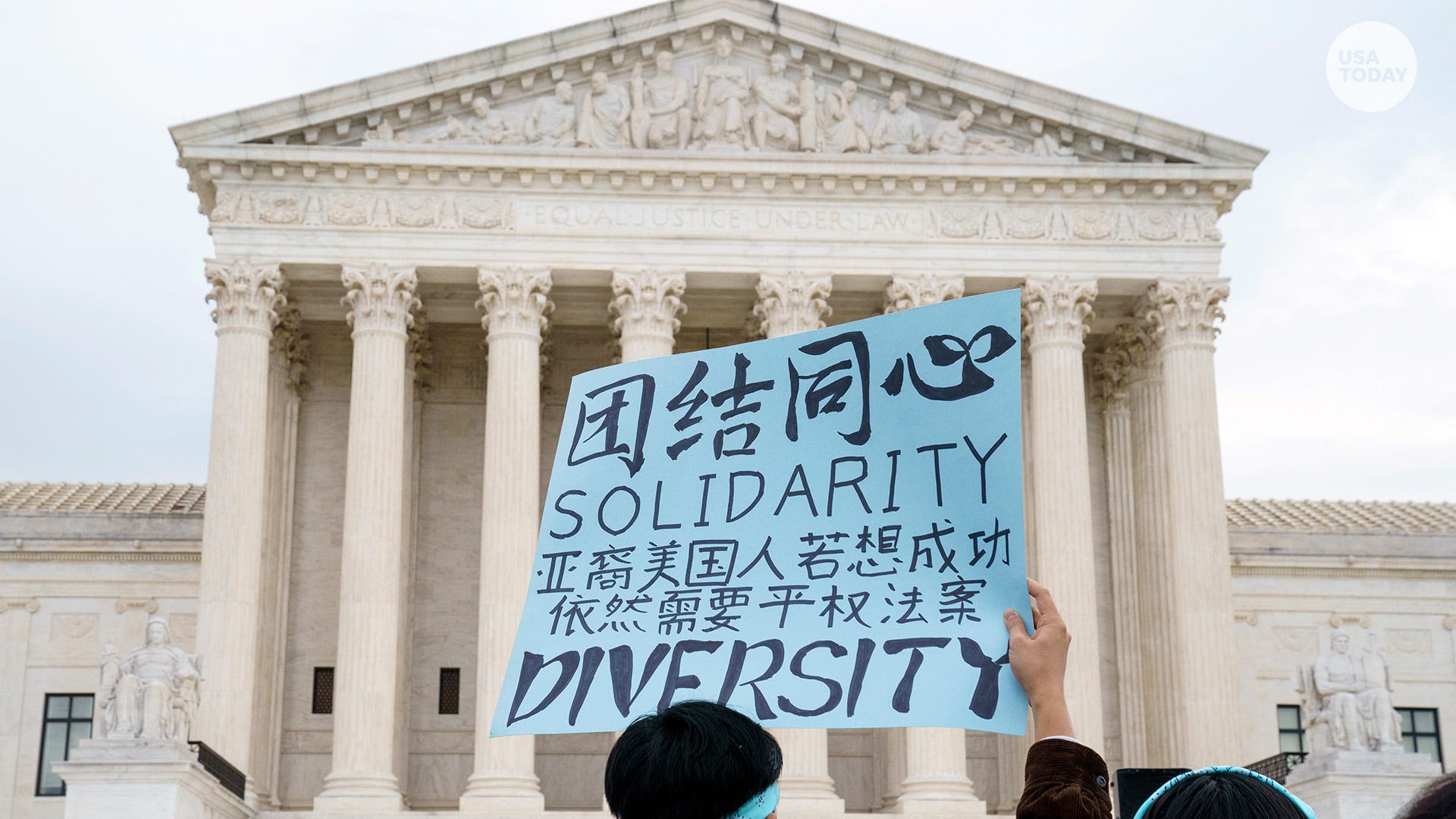Supreme Court declines to hear case of transgender woman housed with men in jail for months

WASHINGTON − The Supreme Court on Friday declined to hear the case of a transgender woman who sued county officials in Virginia under the Americans with Disabilities Act after being housed in jail for months with male inmates.
Kesha Williams, a transgender woman, was initially assigned to women's housing but was then reassigned when officials learned she was transgender. She was denied requests to shower privately and to have body searches conducted by female deputies, according to court records.
Williams sued the county sheriff after her release, alleging in part that the treatment violated the Americans with Disabilities Act. The decision by the Supreme Court on Friday leaves in place a 4th U.S. Circuit Court of Appeals ruling last year that was the first from a federal appellate court to rule that the landmark disability law protects people with gender dysphoria.
Calling the 4th Circuit's opinion "questionable," Justice Samuel Alito wrote in dissent that the Supreme Court should have granted the case and decided it next term.
"This decision will raise a host of important and sensitive questions regarding such matters as participation in women’s and girls’ sports, access to single-sex restrooms and housing, the use of traditional pronouns, and the administration of sex reassignment therapy (both the performance of surgery and the administration of hormones) by physicians and at hospitals that object to such treatment on religious or moral grounds," Alito wrote.
Justice Clarence Thomas joined Alito in the opinion.
Tracker: Race, religion and debt: Here are the biggest cases pending at the Supreme Court
The case could have important implications for transgender rights, which are increasingly featured on the Supreme Court's docket. Earlier this year the court sided with a 12-year-old transgender girl who is challenging a West Virginia ban on transgender athletes joining girls sports teams, temporarily blocking the state from enforcing the prohibition. That case appeared on the court's emergency docket and did not decide the underlying questions raised by the lawsuit.
The county told the appeals court that the ADA does provide protection for "gender identity disorders not resulting from physical impairments," which the county said means Williams is not protected. But the appeals court disagreed, finding that gender dysphoria does not fall under that exception.